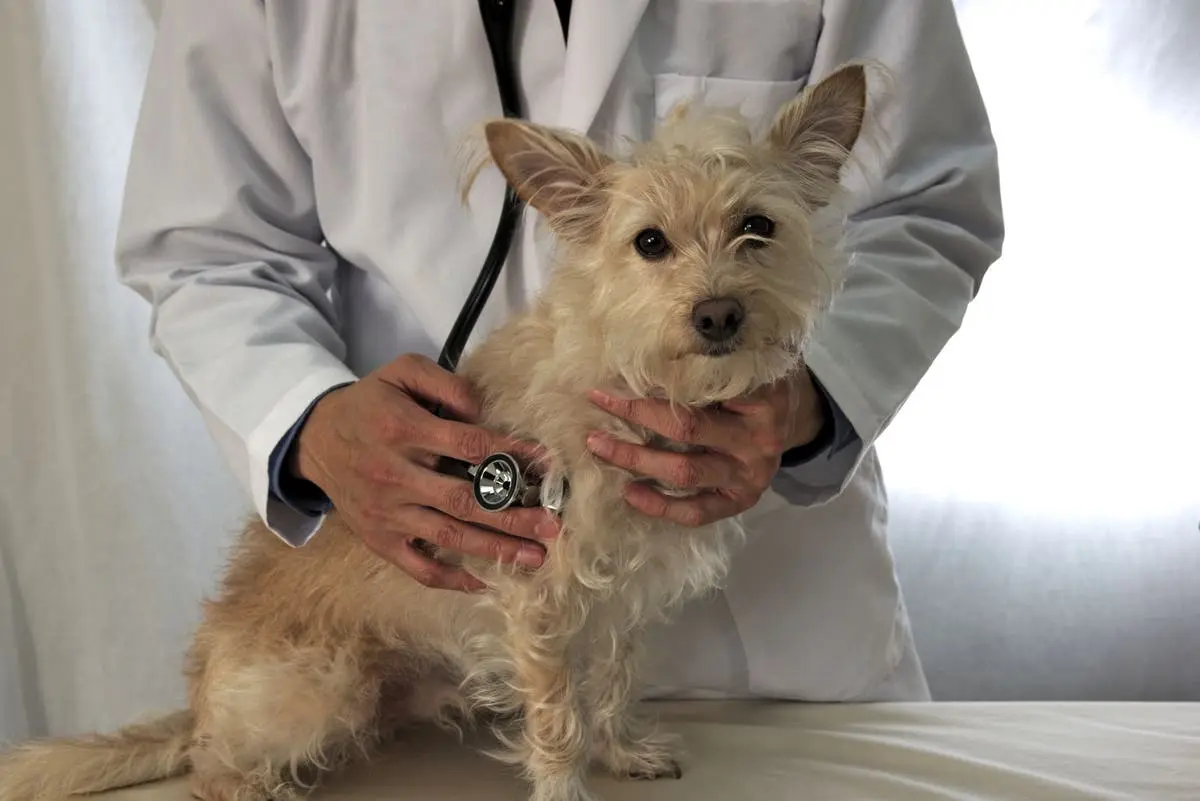132Views

Why Is My Dog Pooping Black? Causes, Concerns, and Care
Witnessing black stools in your dog’s poop can be a cause for concern among pet owners. While it’s essential to address this issue promptly, it’s equally important to understand the potential causes and take appropriate action.
In this article, we’ll explore the reasons why your dog might be pooping black, discuss when to be alarmed, and offer insights into caring for your canine companion.
Dog’s Black Pooping Causes
Blood in the Stool (Melena):
One of the primary reasons for black poop in dogs is the presence of digested blood, a condition known as melena.
This may indicate bleeding in the upper gastrointestinal tract, such as the stomach or small intestine. Common causes include ulcers, tumors, or gastrointestinal injuries.
Ingestion of Blood:
Sometimes, dogs may ingest blood from sources like raw meat or bleeding gums. This can result in dark stools that mimic melena. If your dog has recently consumed blood, it’s crucial to consider this possibility.
Certain Medications:
The use of certain medications, especially those containing bismuth subsalicylate (found in some anti-diarrheal medications), can lead to black stools. If your dog is on medication and experiences this change in stool color, consult your veterinarian.
Dietary Causes:
Certain foods and treats, particularly those with dark dyes or containing iron, can contribute to black poop. Be mindful of your dog’s diet and assess if recent changes or additions could be responsible.
Internal Parasites:
Intestinal parasites, such as hookworms or whipworms, can cause bleeding in the gastrointestinal tract, leading to black stools. Regular deworming and veterinary check-ups are essential for parasite prevention and detection.
Read Also: Why Is My Dog Pooping Mucus?
When to Be Alarmed:
While occasional black stools may be benign, persistent melena or additional concerning symptoms like lethargy, vomiting, abdominal pain, or a change in appetite warrant immediate veterinary attention.
These signs may indicate a more serious underlying issue that requires thorough diagnosis and treatment.
Caring for Your Dog:

- Visit the Veterinarian: If you notice persistent black stools or concerning symptoms, consult your veterinarian for a thorough examination. Diagnostic tests, such as bloodwork and imaging, may be necessary to identify the root cause.
- Dietary Management: Modify your dog’s diet based on your veterinarian’s recommendations. A bland diet or a switch to easily digestible foods may be advised to promote gastrointestinal health.
- Medication Adjustments: If medications are suspected as the cause, your veterinarian may recommend adjustments or alternative options to prevent black stools.
- Parasite Prevention: Follow a regular deworming schedule and discuss preventive measures with your veterinarian to protect your dog from internal parasites.
Conclusion:
While the sight of black poop in your dog can be alarming, it’s crucial to approach the situation with a combination of vigilance and understanding.
Identifying the root cause, seeking timely veterinary guidance, and implementing necessary care measures can help ensure your dog’s well-being.
Always prioritize regular veterinary check-ups to maintain your canine companion’s overall health.


